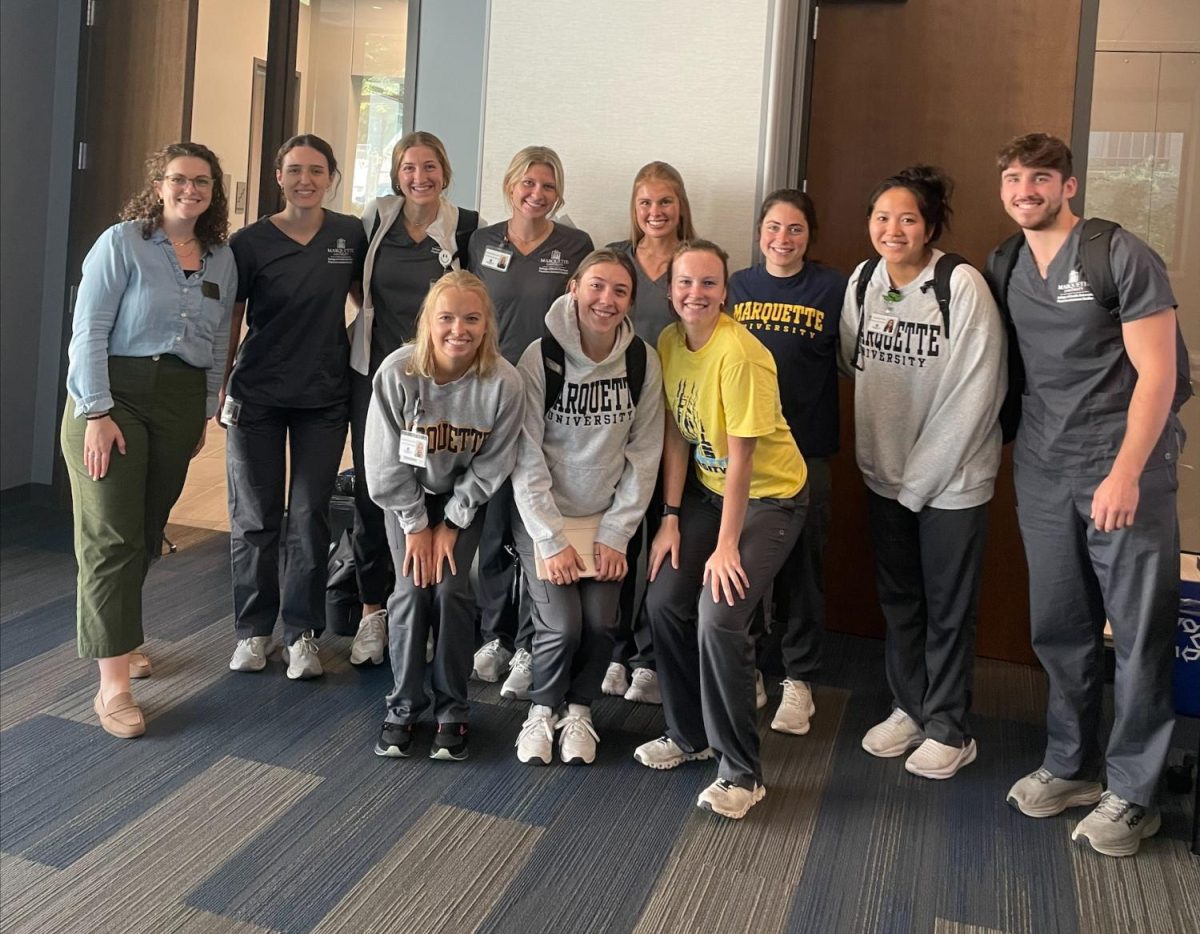September is National Suicide Prevention Month. According to an article by the Suicide Prevention Resource Center, suicide is a leading cause of death among college and university students in the United States. Because of this, people across the country have begun to engage in more discussions about mental health
Jocelyn Hernandez, a first-year in the College of Engineering said talking about mental health and suicide prevention has certain stereotypes surrounding them.
“I think there is absolutely a stigma against mental health. Especially towards men. It is believed that men look weak if they show any type of emotion or signs of mental health issues,” Hernandez said.
According to an article about Understanding Suicide Among Men death by suicide is more common amongst men than women. In 2017, the suicide rate for men was 3.5 times higher than it was for women according to the article. Additionally, while women attempt suicide at a higher rate, men choose more lethal means of suicide that are more likely to cause death.
Recently, high schools and universities throughout the United States have utilized resources such as counseling and therapy to help students struggling with mental health issues. Students have also been engaging in conversations about these topics that were once considered taboo, but are now helping to erase this stigma.
Hernandez said that while we are making a step in erasing the reputation against mental health. Until more students act on these discussions, the stigma will never be erased.
“I think discussions are important, but I feel like there should be more action. When we engage in these discussions about topics like suicide and mental health in big groups, some people may not feel heard. I feel like it should be more directed towards certain people,” Hernandez said.
While some may say these types of discussions can be difficult or uncomfortable to talk about, there are many resources on campus that act as opportunities for students to have these conversations safely and professionally.
Nicholas Jenkins, counselor and coordinator of The Mental Health advisory at Marquette said that engaging in these types of conversations can possibly save lives.
“By us as a community having more conversations about mental health, depression and suicide, we are decreasing the stigma and increasing the likelihood that someone gets the support that they need. In regards to suicide specifically, us increasing these conversations can even save lives as we can recognize and be there for people when they are in a vulnerable or dangerous place.” Jenkins said.
Some students have said that while having conversations about these topics is beneficial, checking in on one another is equally as important.
Marvin Twombley, a first-year student in the College of Communications spoke about the importance of checking in on friends and loved ones even if they aren’t showing signs of mental health issues.
“I think people sometimes don’t realize that someone could be hurting on the inside but not showing signs. You can’t just guarantee that someone isn’t struggling because of a smile on their face.” Twombley said. “I like to periodically check in on my friends and loved ones even if it is just me asking how everything is going and let them know that I am always there to listen Twombley said.
According to the Wisconsin Department of Health Services there are five action steps for helping someone in emotional pain. The first step is to ask. This goal aims help one show that they are open to communicating about mental health issues and suicide. The next is to “be there” just by presenting yourself and showing someone that you are there to listen to them.
The third step, according to the article, is to keep them safe. It is important to reduce a suicidal persons access to lethal weapons to increase suicide prevention. The fourth step is to help them connect. This step suggests making sure they are connected with someone they trust. Lastly, is the fifth step which is to follow-up and keep showing them that you are there for support.
There are many on campus resources that students can utilize if they or someone they know is struggling with mental health, suicidal thoughts, and depression. The counseling center is open Monday-Friday from 8 a.m to 4 p.m. at Holthusen Hall and is free to all Marquette students. The National Suicide Prevention Lifeline in the United States is available 24 hours a day at 800-273-8255
This story was written by TJ Dysart. He can be reached at theodore.dysart@marquette.edu










